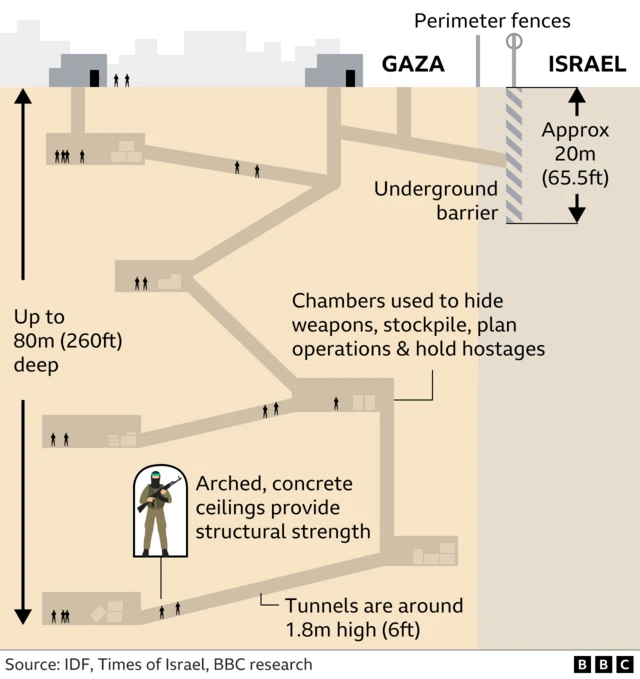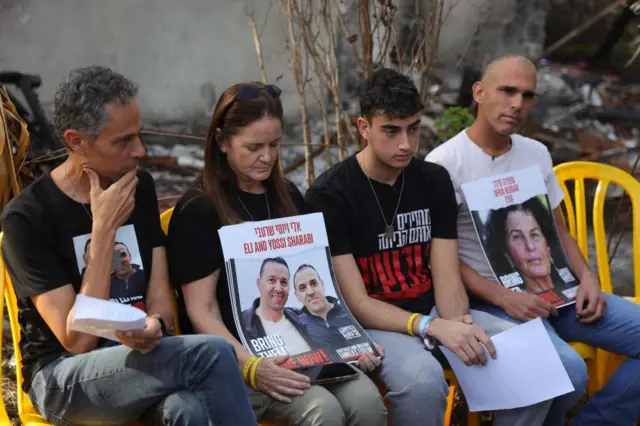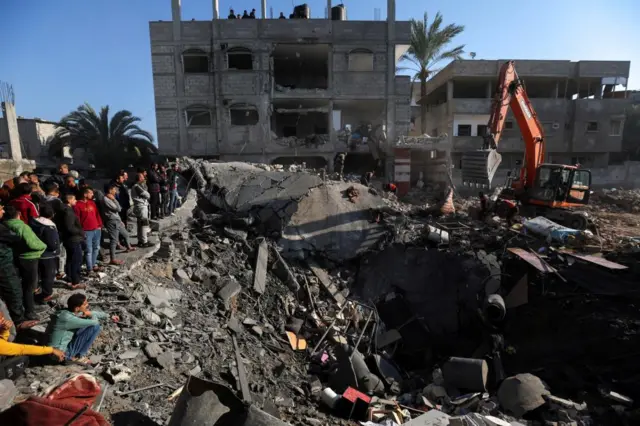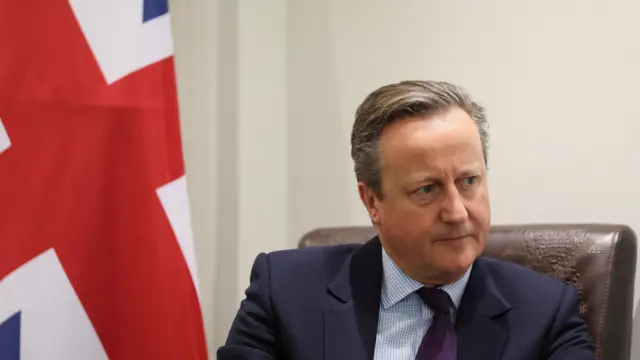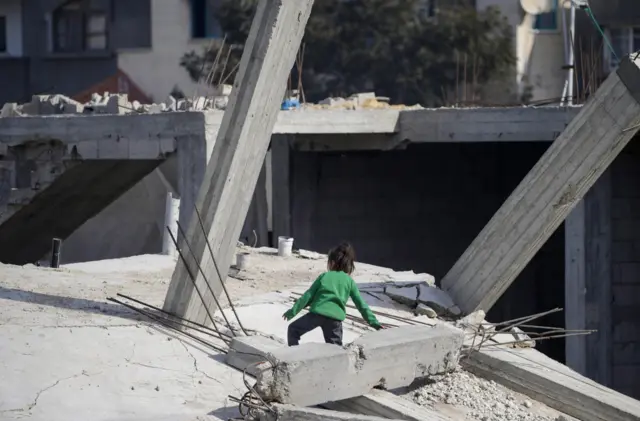Hamas rejects further release of hostages until Israel agrees to end warpublished at 12:35 GMT 21 December 2023
Hamas says that Palestinian groups have rejected the prospect of further hostage releases until Israel agrees to end the war in Gaza.
In an Arabic statement shared on Telegram, Hamas said: "There is a Palestinian national decision that there should be no talk about prisoners or exchange deals except after a comprehensive cessation of aggression."
It is unclear which other Palestinian factions the statement refers to. Islamic Jihad, a smaller group in the Gaza Strip, is also holding Israeli hostages.
Negotiations on bringing about a new truce in the war are currently taking place in Cairo, Egypt, though initial talks on Wednesday bore no fruit, with Hamas reportedly saying it would not agree to another temporary pause in fighting.
During a six-day ceasefire at the end of November, 105 Israeli hostages were released in exchange for Palestinians held in jails. About 120 Israeli hostages are believed to still be in captivity.
Israel has repeatedly rejected a permanent ceasefire with Hamas, with national security minister Itamar Ben Gvir saying in a post on X , externalthat stopping the Israeli forces before Hamas is defeated and all the hostages are returned would constitute a "failure".

